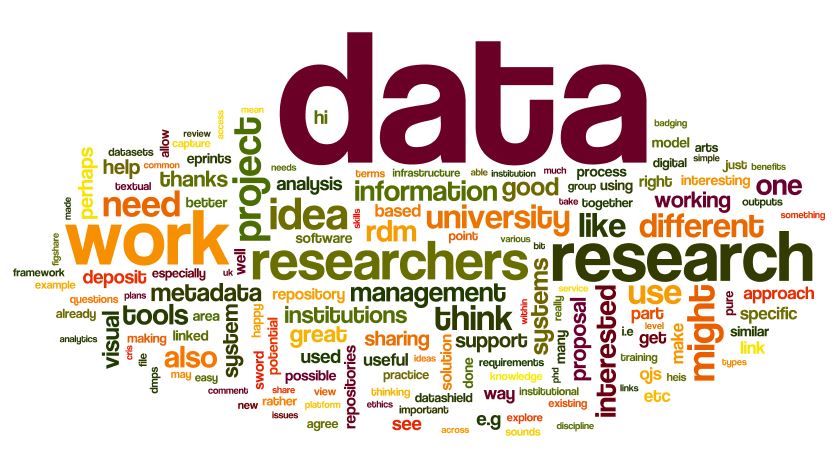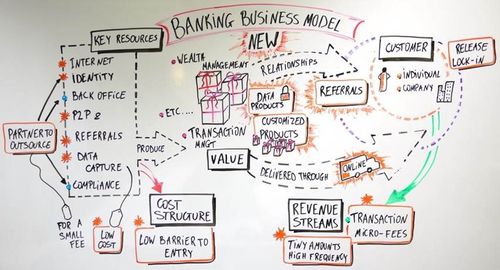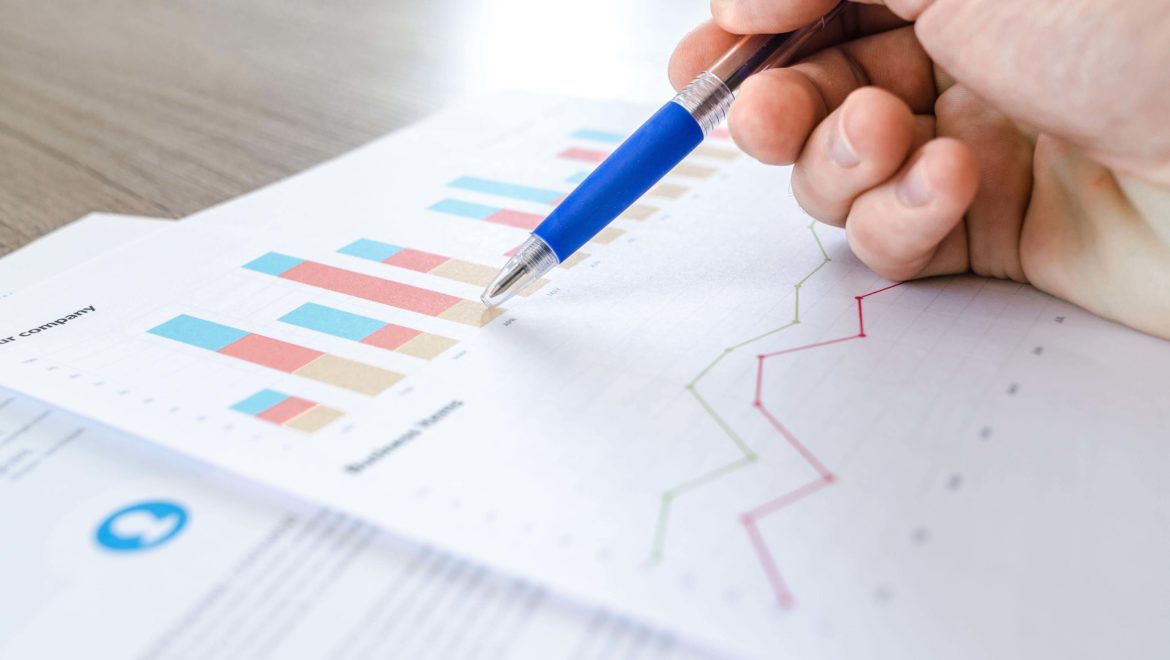Did You Know?? Real-time Intelligence = Value
Do you know how easily your organization’s business intelligence can turn into a lost opportunity? Well, it is just a matter of TIME. Intelligence is of value if, and only if it arrives on time.
In today’s hyper-competitive market environment, business intelligence continues to be an area of investment and interest for businesses. The ability to turn raw data into meaningful and useful information that can impact business performance is a powerful value proposition.
Despite the emergence of new devices and software products designed to unite employees in more ways than ever before, the threat of organizational silos is still very real.
Lack of collaboration between individuals and teams in different departments working on similar assignments and projects could ultimately lead to inefficiencies and loss of productivity.
The best-case scenario for this duplication of data analysis is that teams come up with the same result. When individuals or teams produce different numbers this cause disagreements about who had analyzed the ‘correct’ data and which can be fully trusted.
In the grand scale of things, this distorted view of data can be devastating, but there are even more ways that data silos can put your business in danger.
Keeping a pulse on business’ sales, marketing, finances, web analytics, customer service, internal R&D, IT, and more as isolated sources of data will never give a complete picture.
The scary truth is big data doesn’t lead to big insights if you can’t bring it together.
Yet many businesses are only scratching the surface of what’s possible with business intelligence.
To realize the potential of business intelligence and take its value to the next level in your organization, you need a solid understanding of where you are, what you want to achieve, and what’s possible.
From generating reports and charts that depict business performance, to implementing a truly transformative solution that uses powerful advanced analytics to not only predict behaviors and outcomes but to prescribe recommended courses of actions, business intelligence can be a strategic weapon that significantly impacts your bottom-line.
The next breakthroughs in business intelligence (BI) and analytics will see machine learning and artificial intelligence used to improve data access and data quality, uncover previously hidden insights, suggest analyses, deliver predictive analytics and suggest actions.
BI and analytics vendors are developing “smart” capabilities that will power the next step beyond self-service analytics, helping to further democratize data analysis for business users.
The benefits of business intelligence tools far outweigh the investments they entail. They can help businesses gain valuable insights to affect growth, resolve urgent concerns, collate marketing data more quickly, provide a real-time view of the organization and allow for the anticipation of future outcome using predictive and prescriptive analytics and forecasting.









